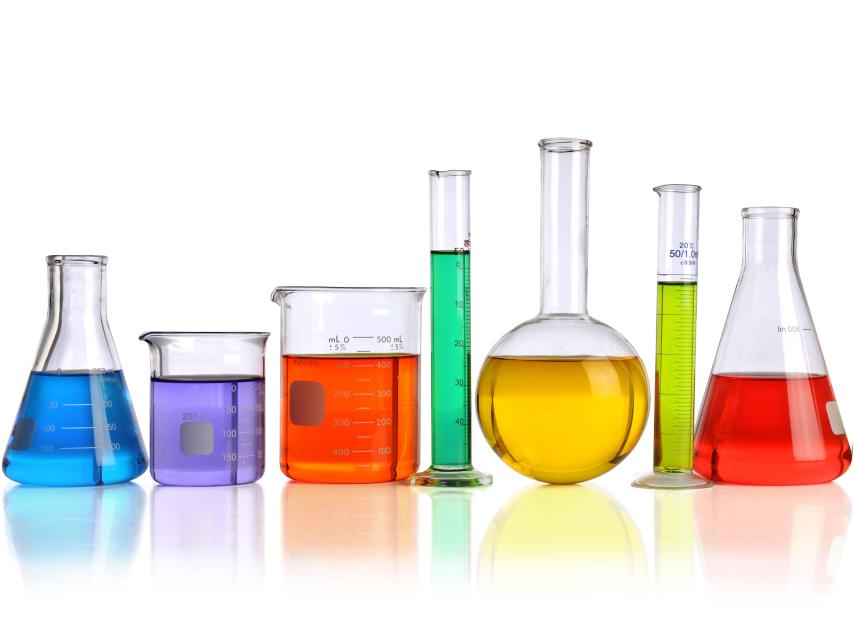JIS K0102 Methods for Testing Industrial Wastewater for Inorganic Compounds
The Japanese Industrial Standards (JIS) K0102 specifies methods for testing industrial wastewater to determine the presence and concentration of inorganic compounds. This standard is essential for ensuring compliance with environmental regulations, particularly in industries such as manufacturing, mining, and metallurgy.
Under JIS K0102, various parameters are tested to assess the quality of wastewater discharges into natural water bodies. These parameters include heavy metals, cations, anions, and other critical elements that can have detrimental effects on aquatic ecosystems if present in excessive amounts. The standard provides a comprehensive approach to identifying these compounds through standardized sampling techniques, sample preservation methods, and analytical procedures.
The testing process begins with the collection of wastewater samples from industrial facilities. Proper sampling is crucial as it directly impacts the accuracy of subsequent test results. Samples should be collected in accordance with JIS K0102 guidelines to ensure they represent the typical conditions found within the facility's wastewater stream.
Once collected, samples must be preserved appropriately to prevent degradation or alteration of analytes before analysis can commence. Preservation methods may vary depending on the specific compounds being targeted; however, common practices include acidification with nitric acid and refrigerated storage at low temperatures.
The heart of JIS K0102 lies in its prescribed analytical techniques for measuring inorganic compounds. These range from colorimetric assays to flame atomic absorption spectrophotometry (FAAS) and inductively coupled plasma mass spectrometry (ICP-MS). Each method has its strengths and limitations, making it important to choose the most suitable technique based on the particular compound(s) of interest.
For instance, FAAS is preferred for measuring trace amounts of metals like mercury or lead because it offers high sensitivity. Meanwhile, ICP-MS provides excellent resolution for multi-element analysis but requires more complex sample preparation steps due to its ionization process requirements.
A significant aspect of JIS K0102 involves establishing appropriate quality control measures throughout the testing procedure. This includes calibrating instruments regularly against known standards, performing blank checks, and conducting replicate analyses whenever possible. By adhering strictly to these protocols, laboratories can ensure reliable data that accurately reflects actual wastewater compositions.
The results obtained from JIS K0102 tests play a pivotal role in guiding corrective actions within industrial operations aimed at reducing pollutant emissions into the environment. Regulatory bodies often use these findings as evidence when assessing whether facilities meet emission limits set forth by national laws or international agreements like those outlined under the Kyoto Protocol.
Understanding how JIS K0102 applies to real-world scenarios provides valuable insight into its broader implications beyond just laboratory testing. For example, in mining operations where tailings ponds are prevalent, regular monitoring of discharged water using this standard helps identify potential issues early on so corrective measures can be implemented promptly.
In conclusion, mastering the JIS K0102 methods for evaluating industrial wastewater is crucial not only from an academic perspective but also practically speaking. It enables stakeholders involved in environmental management to make informed decisions regarding pollution control strategies and contribute positively towards sustainable development goals.
Applied Standards
The JIS K0102 method aligns closely with international standards such as ISO 17025 for quality management systems in laboratories, which ensures the competence and reliability of analytical services provided by accredited bodies. Additionally, it references other relevant norms like ASTM D7899-18 for sampling procedures applicable to industrial wastewater.
Furthermore, the use of advanced instrumentation such as ICP-MS aligns with modern trends in analytical chemistry where precision and accuracy are paramount. By leveraging these internationally recognized methodologies, laboratories can provide robust evidence supporting compliance efforts across various sectors including manufacturing, construction, and agriculture.
It is important to note that while JIS K0102 focuses primarily on inorganic compounds, its application extends beyond mere analytical capabilities into areas of environmental protection and sustainable resource management. The information derived through rigorous testing under this standard can inform policy decisions at both national and local levels aimed at mitigating adverse impacts caused by industrial activities.
Eurolab Advantages
At Eurolab, we pride ourselves on offering unparalleled expertise in executing JIS K0102 tests with precision and reliability. Our team of highly qualified chemists and engineers possess extensive experience in handling complex samples and interpreting results accurately.
We employ state-of-the-art equipment capable of detecting even minute concentrations of targeted elements, ensuring no detail is overlooked during analysis. This capability allows us to deliver timely reports that not only meet but exceed client expectations regarding accuracy and thoroughness.
Our commitment extends beyond mere execution; Eurolab ensures complete transparency throughout the entire testing process by providing detailed documentation supporting every step taken from sample collection to final report generation. Clients can rest assured knowing they receive comprehensive insights into their wastewater composition backed by robust scientific evidence.
In addition, our experienced personnel offer valuable advice based on tested data, helping clients identify areas needing improvement within their operations. Whether it's adjusting operational procedures or implementing new technologies, Eurolab stands ready to assist in achieving desired outcomes aligned with environmental standards.
Quality and Reliability Assurance
At Eurolab, we understand the critical importance of maintaining high-quality standards when performing JIS K0102 tests. Our quality management system is certified to ISO 9001:2015, ensuring consistent delivery of reliable services. This certification reflects our unwavering commitment to excellence in every aspect of our operations.
Our laboratories are equipped with cutting-edge instrumentation such as ICP-MS and FAAS systems that adhere strictly to manufacturer specifications for calibration and maintenance schedules. Regular internal audits conducted by trained personnel further reinforce this dedication to maintaining top-notch performance levels.
To enhance reliability, Eurolab follows strict protocols for sample handling, storage, and transport according to JIS K0102 requirements. We also participate in proficiency testing programs organized by reputable organizations worldwide to continually assess our capabilities against established benchmarks.
In summary, through rigorous adherence to best practices outlined in JIS K0102 combined with robust quality assurance measures, Eurolab guarantees accurate and reliable results that instill confidence among clients seeking dependable environmental analysis services.





